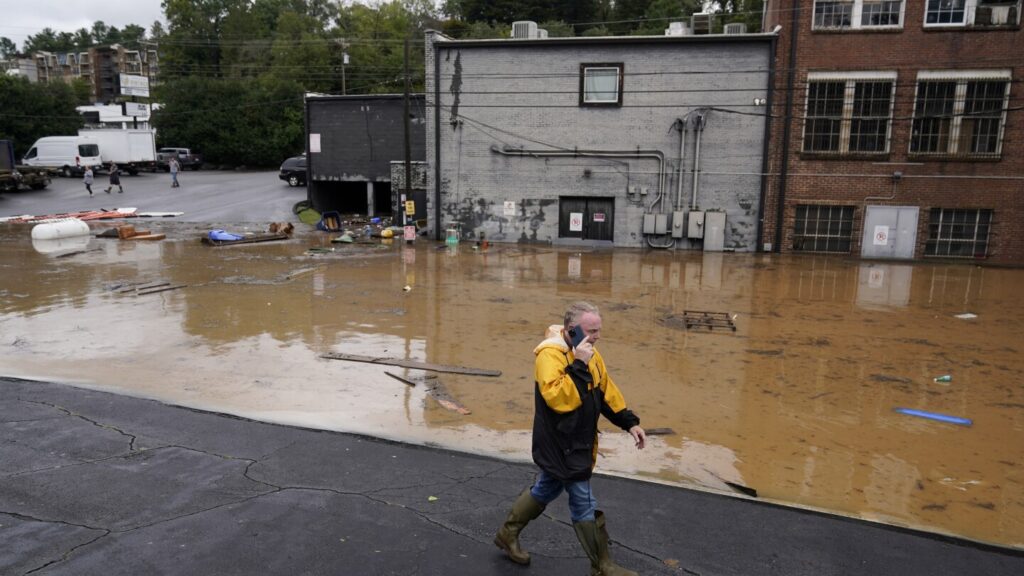Residents in areas hit by natural disasters like Hurricane Helene rely heavily on public radio stations for crucial updates and information when power, internet, and cell towers are down. President Trump’s recent executive order targeting NPR and PBS for funding cuts has raised concerns about the future of these vital stations. Public radio plays a significant role in providing local news in remote and rural areas where it may be the only source of information.
Marfa Public Radio in West Texas and Blue Ridge Public Radio in Asheville, North Carolina, are highlighted as essential lifelines during crises. These stations not only provide news but also serve as a means of community connection and emergency alerts. The potential funding cuts could have a widespread impact on stations like WMMT in Kentucky and Allegheny Mountain Radio in West Virginia-Virginia border areas, where a significant portion of their budgets comes from the Corporation for Public Broadcasting (CPB).
Local flavor and credibility are key factors in public radio listenership, as seen in the unique programming that resonates with Appalachian communities. Stations like WMMT and Allegheny Mountain Radio have become indispensable sources of information and emergency alerts during disasters, showcasing the critical role they play in their regions.
The uncertainty surrounding the future of CPB funding leaves many stations in limbo, with station managers like Scott Smith emphasizing the irreplaceable nature of public funding for small rural radio. As these stations face financial challenges, the resilience and dedication to serving their communities remain unwavering, reflecting their commitment to providing essential services for as long as possible.

